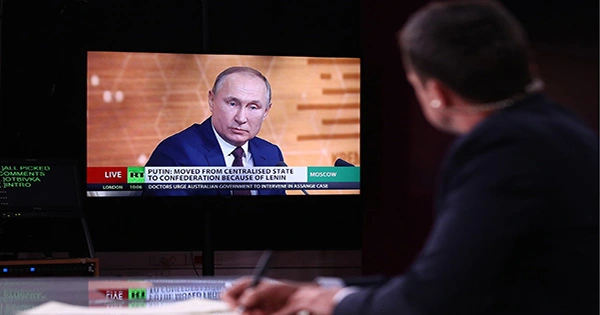TikTok is the remaining worldwide social media network still running in Russia, after the Kremlin blocked Facebook, Twitter, and Instagram. It said on March 6 that it has stopped new uploads in response to Russia’s invasion of Ukraine, in order to protect users from the Russian “fake news” law. However, according to a fresh report, the restriction was imposed inconsistently; new material uploads connected to the conflict outweighed anti-war content by a factor of ten, and pro-war postings currently dominate TikTok’s war-related content. After the ban was completely implemented, the site was basically frozen in time, and Russian TikTokers were unaware of any further advancements.
This implies that no material about the recently found killings of civilians by Russian soldiers in Bucha, Mariupol, and other Ukrainian cities is available on TikTok in Russia. Tracking Exposed evaluated a sample of war-related hashtags on TikTok and looked at the volume of content submitted between February 20 and April 5 in its “Tracking Exposed Special Report: Content Restrictions on TikTok in Russia Following the Ukrainian War.” Based on this sample, Tracking Exposed believes that 42 percent of war-related content was anti-war before the ban was announced, whereas 58 percent was pro-war. Following the prohibition, 93.5 percent of all war-related information was pro-war, with only 6.5 percent being anti-war.

In addition, the group discovered that the prohibition had been imposed incorrectly. Content might still be posted in Russia between March 7 and March 24. As a result, pro-war content on TikTok outnumbers anti-war stuff. In comparison to before the ban, there was 10 times more pro-war content posted for every anti-war video. Tracking Exposed discovered two flaws in TikTok’s content-posting ban: one was its inadequate implementation, and the other was the ability to upload via TikTok’s online version.
According to the organization, fresh uploads in Russia are no longer feasible as of March 25, and content from outside Russia is now completely blocked, allowing pro-war information to dominate. TikTok first announced the block on new uploads to protect its Russian customers from the Russian “fake news” law, which makes posting anything incorrect about the Russian army in Ukraine a crime punishable by up to 15 years in prison.















